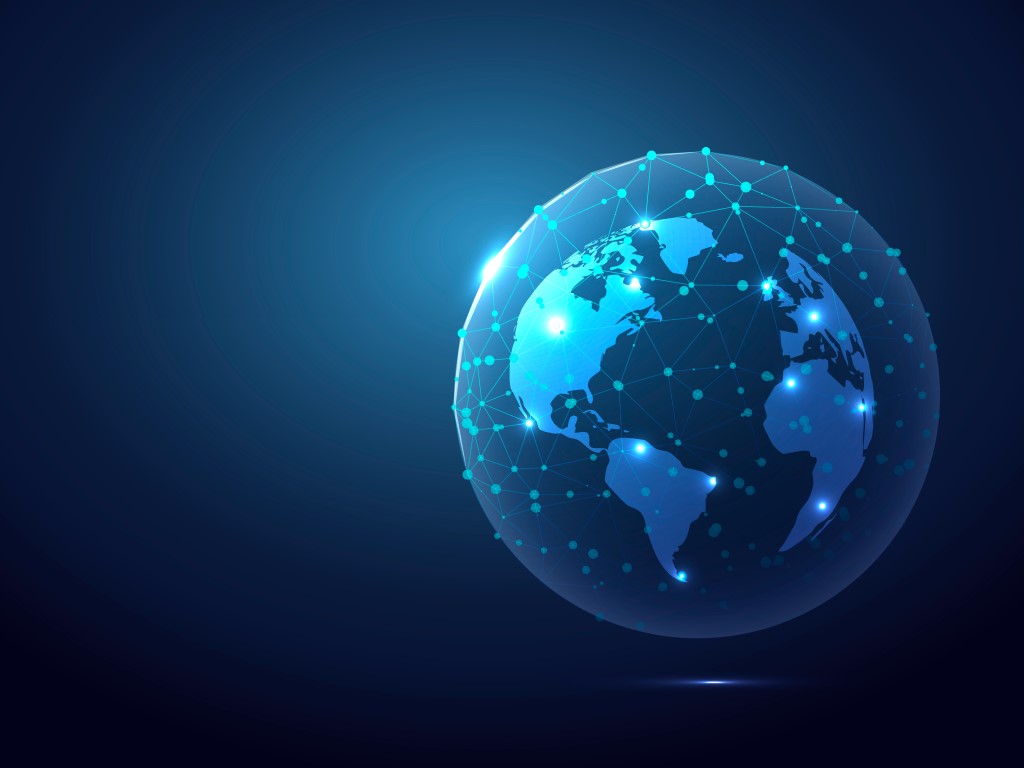
Top 10 Mobile App Development Technologies

Over the past decade, the use of mobile apps has increased. Today, over 6.5 billion active app users worldwide spend an average of three hours per day using apps on their smartphones. As the demand for mobile apps continues to grow, so does the need for mobile app development technologies. In this article, we will discuss some of the best technologies for mobile app development, including native app development and cross-platform app development, so that you can find a solution that would seamlessly suit your business needs in the future.
Things to consider before choosing mobile development technologies
Before you opt for various mobile app development technologies, let’s take a look at crucial questions influencing the ultimate outcome of your project:
- Goals. What are your company’s objectives? What does the company hope to achieve by developing a mobile app and using mobile app development technologies?
- Target audience. Who is the target audience of your mobile app? What are the needs of future users?
- Device compatibility. What kind of devices does your company want the app to be compatible with?
- Development platform. What mobile app development platform should your company use? What are the best technologies for mobile app development for the chosen platform?
- Project estimates. Does the company have all the necessary resources to develop the app in-house, or will it need to build a remote team?
Answering these questions will help you understand the next development steps and analyze potential changes that might affect the project’s estimate. It will also directly impact your choice of mobile app development technologies.
Native vs. cross-platform development
First, deciding on the platform before choosing among different mobile app development technologies plays a crucial role in finding the right solution. Native development is specific to a certain platform or device, while cross-platform development is a method of developing software that can be used on multiple platforms. It can result in a higher quality app but is more expensive and time-consuming rather than other mobile app development technologies.
Cross-platform development is less expensive and can be completed faster, but the quality of the app may suffer. When deciding which mobile development technologies to use, it is vital to consider the needs of the project and the target audience. If the project requires a high degree of customization or if the team has more experience with a particular platform, then native development may be the best option among numerous mobile app development technologies. However, if the project is less complex and the team is more comfortable with cross-platform development, this approach may be more efficient and cost-effective.
Best technologies for mobile app development
Mobile development is constantly evolving, advancing the boundaries of user experience and making it easier for companies to reach out to their clients. Below are some of the cutting-edge solutions and frameworks that forward continue to shape mobile app development:
- WidgetPad is one of the best technologies for mobile app development, a powerful tool allowing users to create and manage their apps. It is perfect for companies that strive to add rich interactivity to their apps without spending extensive resources on custom development. With WidgetPad, you can easily add features such as maps, forms, social media feeds, video players, and much more with just a few clicks. Plus, WidgetPad’s responsive design ensures that your widgets will look great on any device.
- RhoMobile is a mobile application development framework that enables developers to create cross-platform mobile applications. RhoMobile applications are written in HTML5 and JavaScript and can be deployed to multiple platforms, including Android, iOS, and Windows Phone. RhoMobile offers a number of advantages for mobile application development, including the ability to access native device features, integration with enterprise data and systems, and support for offline data storage.
- PhoneGap is a free, open-source framework that allows developers to create mobile apps using HTML, CSS, and JavaScript. PhoneGap provides a simplified workflow for developers who want to develop cross-platform apps.
- Appcelerator is one of the leading mobile app development technologies that empowers developers to create native applications for multiple platforms using JavaScript. Appcelerator makes it possible to create rich, native user interfaces, access to native device features, and performance that rivals that of native apps. Additionally, Appcelerator’s platform is open source, which means that developers have access to a wealth of community-developed plugins and extensions.
- MoSync is a cross-platform development tool that enables specialists to create applications for a variety of mobile devices, including smartphones, tablets, and feature phones. MoSync’s main advantage is its ability to reuse code and content across multiple platforms. As one of the popular mobile app development technologies, it offers a number of other features and tools that make development easier, including a graphical user interface, a debugging tool, and a device simulator.
- React Native is a JavaScript framework for building native mobile apps that is at the forefront of technologies used in mobile app development. It uses the same design as React, letting you compose a rich mobile UI using declarative components. React Native lets you create native apps without sacrificing user experience. It provides a consistent user interface (UI) across different platforms while still allowing for platform-specific design. What’s more, it uses the same JavaScript codebase for all platforms, making it easy to maintain and update your app.
- Flutter is an open-source mobile app development framework created by Google. It is used to develop applications for Android and iOS. As one of the most advanced mobile app development technologies, it uses Dart, a programming language that is not often used for mobile app development. This gives Flutter an advantage over other frameworks as it is easier to learn for developers who are not familiar with mobile app development. As one of the advanced mobile development technologies, Flutter is faster and more efficient than other frameworks since it compiles code directly to native code.
- Ionic is a technology used for building cross-platform mobile applications. It is an open-source framework that enables developers to create high-quality apps using web technologies such as HTML, CSS, and JavaScript. Last but not least, Ionic apps are smaller than comparable apps built with other frameworks, resulting in lower data usage and shorter download times.
- Xamarin is a powerful cross-platform development tool that enables developers to create native iOS, Android, and Windows apps with a single shared C# codebase. Xamarin provides a number of benefits over traditional cross-platform development tools, including improved performance, code sharing, and access to native platform features. As one of the best technologies for mobile app development, it also has a number of advantages over traditional native development, including the ability to share code between platforms, access to a wealth of existing .NET libraries, and ease of development.
- Felgo is a cross-platform development tool that allows developers to create native applications for multiple platforms with a single codebase. Felgo significantly reduces the development time and costs associated with creating multi-platform applications.
When choosing the best technologies for mobile app development, you should also consider the team’s skills and experience, ensuring that all development processes align with the ultimate project’s goal.
Conclusion
These ten mobile app development technologies are likely to be at the forefront of this evolution and will continue to help developers create innovative apps for years to come. When considering different mobile development technologies, ensure that technicalities align with your project’s specific needs. In general, native app development technologies are best for performance and security, while cross-platform app development technologies are more versatile and cost-effective.
nCube builds teams of experienced technology professionals specializing in mobile development architecture, development, and design. Contact us if you aim to create a team of skilled native, cross-platform or any other talent.
Recommended articles


